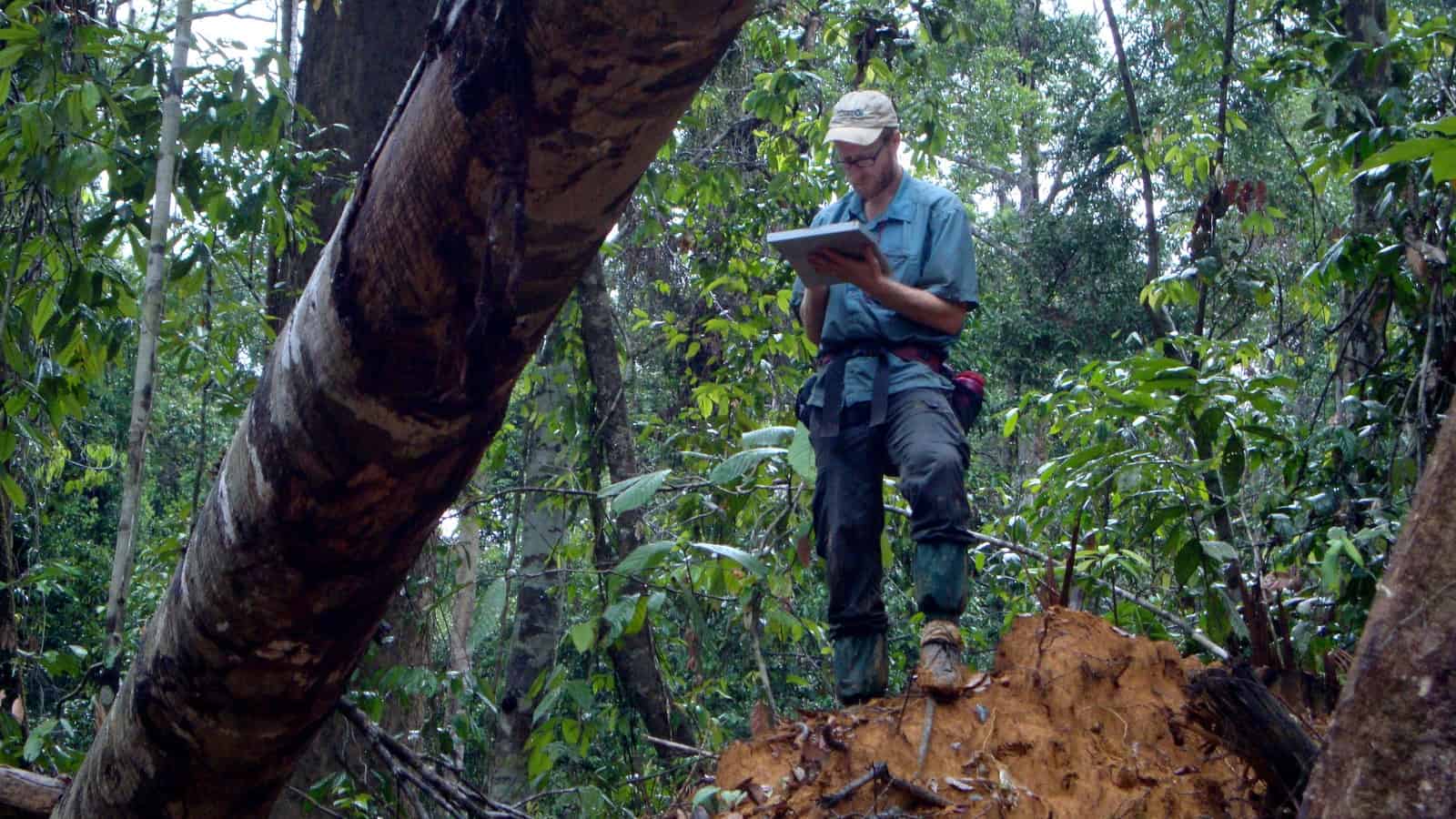A Manufacturer Works to Keep Forests Safe

International Paper is acutely aware that forests are “the lungs of the landscape,” says Chief Sustainability Officer Sophie Beckham. That’s why the company, which serves 25,000 customers in 150 countries around the world, has developed a close partnership with The Nature Conservancy.
Beckham chatted with us recently about what the two organizations have done together. Here’s the condensed interview.
How it started: International Paper’s collaboration with TNC goes back decades, to the days when International Paper was the largest private forest landowner in the United States. About 15 years ago, when International Paper made the decision to divest of all of its land holdings, TNC acquired significant amounts of the company’s land. And in 2017, International Paper decided to go further—taking on an expansive effort to help others support forests and communities.
- “We wanted to look outside our own supply chains, and understand how might we contribute to knowledge on natural climate solutions and biodiversity,” said Beckham. “Working on projects that are more global in scope and more focused on natural climate solutions—that was the beginning of the relationship.”
Phase 1: First, International Paper partnered with TNC to reduce the carbon impact of logging in southeast Asia, including through cutting-edge methods like bioacoustics—a technique for measuring the biodiversity of forests by recording the animals and insects that live there. The company also employed reduced-impact logging methods to advance carbon sequestration.
Phase 2: Earlier this year, the partnership moved into a new phase, and today International Paper is bringing its expertise to North American forests. It partners with private local landowners to sequester more carbon, which reduces the impact of climate change while protecting the land’s commercial value.
- “We’ve learned from our experiences around the world that we have great opportunities to promote sustainability without compromising the economic value of the land for landowners—and now, we’re bringing those techniques to forests in North America,” says Beckham.
Good advice: For other companies interested in promoting sustainability, Beckham emphasizes the importance of strategic partnerships and collaboration.
“There was a time in which manufacturers felt a little bit in the defensive position with environmental stakeholders—but the turning point has already happened,” said Beckham.
